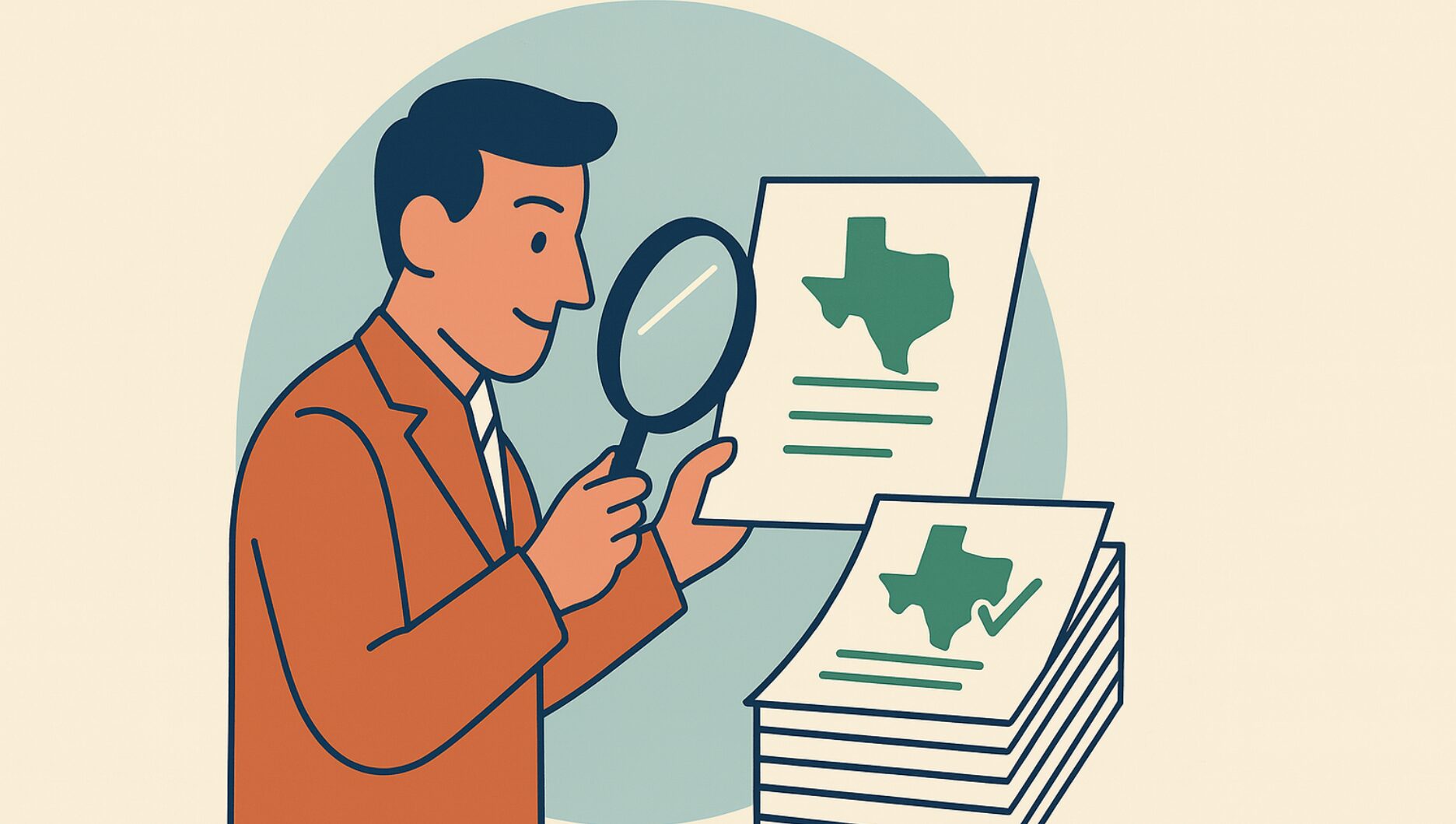Texas shines as a top contender for economic freedom, ranking 5th in the United States in the latest 2024 Economic Freedom of North America (EFNA) report. Its lower-tax environment and flexible labor market have made the Lone Star State a top destination for businesses and families.
However, looming challenges—excessive government spending, skyrocketing property taxes, and burdensome occupational licensing—threaten its standing. These issues must be addressed to solidify Texas’s status as a leader in economic opportunity.
Excessive State and Local Government Spending
Texas has long been known for its fiscal restraint, tying state budget growth to population increases and inflation. Yet, recent trends show a troubling deviation from this principle. The 2024-25 state budget, approved by the 88th Legislature, marked the largest spending increase in Texas history. Total appropriations (state and federal funds) soared by 21.3% to $321 billion, with state-funded spending increasing by 31.7% to $219 billion.
This level of spending far exceeds sustainable growth benchmarks, threatening fiscal stability. It creates a ripple effect, with local governments also failing to curb their budgets. The result: rising property taxes, mounting local debt, and increased financial burdens on taxpayers.
Unchecked spending risks undermining economic freedom by forcing future tax hikes or service cuts. Solutions like Texans for Fiscal Responsibility’s Frozen Texas Budget—which would freeze spending growth at current levels—offer a pathway to restoring fiscal discipline. These measures and priority-based budgeting are critical for curbing unsustainable spending.
Skyrocketing Property Taxes
While Texas benefits from its lack of a state income tax, property taxes—particularly school district maintenance and operations (M&O) taxes—are among the highest in the nation. These taxes act as a progressive levy on unrealized capital gains, forcing homeowners to pay higher taxes as property values rise, even if their income does not. For businesses, high property taxes deter investment in property, equipment, and facilities, slowing economic growth.
Texans need bold solutions to alleviate this burden. With an expected $18 billion for the upcoming session, the state can leverage its record budget surpluses to put ISD M&O property taxes on a path to elimination, a critical step toward reducing the overall property tax load. Texas can encourage investment, boost economic mobility, and alleviate financial strain on families and businesses by taking aggressive action.
Excessive Occupational Licensing
Although not directly measured by the EFNA report, occupational licensing remains a major hurdle to economic freedom in Texas. Licenses are often required for professions ranging from barbers to electricians, creating unnecessary barriers to entry for workers and entrepreneurs. These licensing requirements increase costs, restrict competition, and limit workforce participation, particularly for low-income Texans and those trying to transition into new careers.
Streamlining and eliminating occupational licenses is essential to improving Texas’s economic mobility. Policymakers should evaluate the necessity of existing licenses and eliminate those that serve no legitimate public safety purpose. Expanding reciprocity agreements for out-of-state licenses can also attract skilled workers to Texas while reducing bureaucratic barriers.
Texas vs. Its Neighbors and National Leaders
Despite its high ranking, Texas trails competitors like Florida (3rd) and Tennessee (4) in economic freedom. Florida and Tennessee benefits from lower property taxes and tighter state and local spending control.
In contrast, Texas remains far ahead of states like California (49th) and New York (50th), which are plagued by excessive taxes, spending, and regulation. Louisiana (23rd) and Arkansas (24th), neighboring states, struggle with restrictive labor policies and excessive government spending, reinforcing Texas’s competitive advantage. However, Texas risks falling further behind national leaders without addressing its weaknesses.
A Roadmap to Reforms
To reclaim the top spot in economic freedom and secure long-term prosperity, Texas must focus on three key areas:
- Curb Spending Growth: Adopt the Frozen Texas Budget to cap state and local spending growth to zero increase without taxpayer approval.
- Eliminate Property Taxes: Leverage surplus tax revenues by the state to phase out school district M&O property taxes and by local government to reduce property tax rates.
- Reform Licensing Laws: Simplify and eliminate occupational licensing to remove barriers for workers and entrepreneurs, fostering a more dynamic workforce.
Conclusion
Texas’s success as an economic powerhouse is no accident. Its low taxes, flexible labor market, and pro-growth policies have propelled it to national prominence. However, challenges in government spending, property taxes, and occupational licensing threaten to erode these advantages.
By addressing these issues head-on, Texas can reaffirm its leadership in economic freedom, set an example for other states, and ensure prosperity for generations to come. Now is the time for bold action. Texans deserve nothing less.
Texans for Fiscal Responsibility relies on the support of private donors across the Lone Star State in order to promote fiscal responsibility and pro-taxpayer government in Texas. Please consider supporting our efforts! Thank you!
Get The Fiscal Note, our free weekly roll-up on all the current events that could impact your wallet. Subscribe today!




